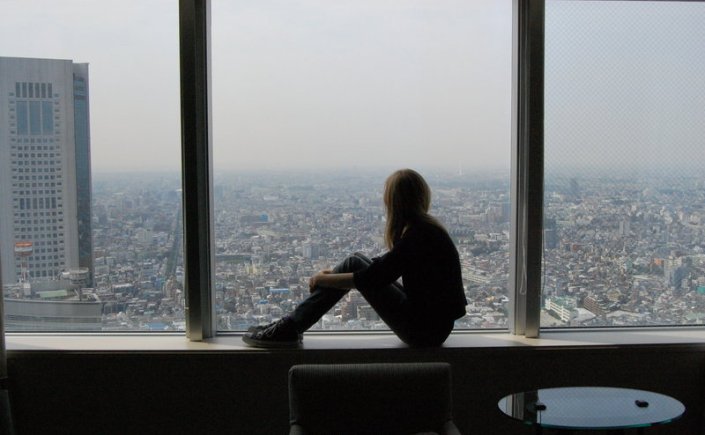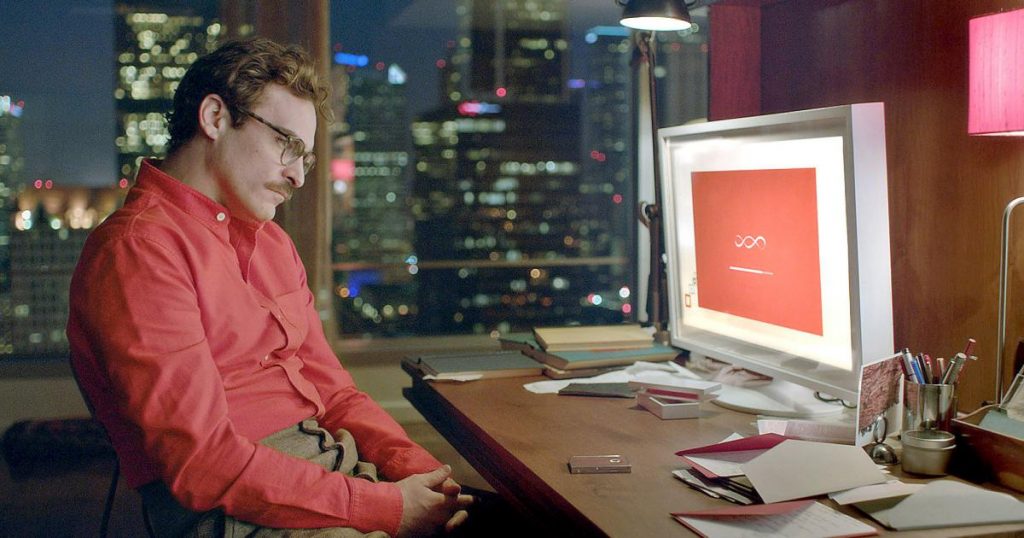
Image by bearfilmreview. Available at bearvsfilm under Creative Commons 2.0 license.
The modern world depresses us, no doubt. With every succeeding year, humanity finds itself entangled in unfortunate crisis; restless trade wars, widespread poverty, climate change, and growing political divide—to name a few—have driven society into a natural state of gloom and pessimism. These shortcomings however, form only a part of the equation. According to British author Johann Hari, widespread depression in modern society can be attributed to one clear cause: loneliness.
In a cross-cultural analysis of depression and anxiety disorders, the WHO found that depression is one of the most common mental illnesses globally, affecting a total of 264 million people. According to the ADAA and the MHF, depression affects 18.1% of the US population and 19.7% of people in the UK, with no identifiable signs of decreasing. How then, has the most civil, connected, and technologically advanced society become the loneliest? Why do more people find themselves not only unhappy, but depressed in the modern age? These are the questions Hari implores us to ask in his book Lost Connections.
Although biochemical factors certainly play a role in individual susceptibility to depression, Hari claims that depression is an illness indelibly tied to the way people are living. With the rise of the internet in the early 2000s and social media shortly thereafter, people have become accustomed to an easy, convenient, technologically-rich lifestyle. In this day and age, we have the ability to Skype our loved ones from across the globe; keeping in touch with our friends and relatives has never been easier with the existence of Facebook, Snapchat, and Instagram. While these advancements are undoubtedly great feats of human innovation, it has in a way, become our hubris.
To understand this, let us briefly examine evolutionary conditioning: if there was one thing our ancestors were good at, it was banding in groups. Humans evolved to live and thrive in tribes; if you were somehow isolated from the tribe, you would be subjected to the terrible dangers of the environment around you. With the invention of social media however, we have attempted to desist this primordial impulse.
As humans, we possess various needs; we need to feel connected, understood, validated, and have a purpose. A group therefore, acts to fulfill these deep psychological needs for each of its members. Social media however, provides us with a hollow sense of belonging and identity to fulfill these primal needs; it provides us with a sense of status, connectedness, and sociability that are mere reflections or ‘parodies’ of what can be achieved through real-life relationships. Without a real grasp of these vital needs, people have in turn, become more lonely and isolated.

Artwork by Edward Hopper. Available at wikipedia.org under Creative Commons 2.0 license.
How then are we to solve the loneliness epidemic? Firstly, it would be radical to suggest that social media should be abolished; this is not at all what Hari advocates. The antidote to loneliness is actually quite simple: intimacy. Naturally, lonely creatures require a sense of interpersonal intimacy from sincere, real-life companionship. Social media provides us with the illusion that we have over 400 friends or 325 followers who care about what we have to say on the daily, while in reality, this is clearly not—and should not—be the case. Quality in interpersonal relationships matters significantly more than any quantity presented on a screen; we need to prioritize moments of love, tenderness, meaning, and connection, as opposed to likes, comments, and shares. It is only when we acknowledge this stark reality that we may begin to live as we should: happy and fulfilled.

